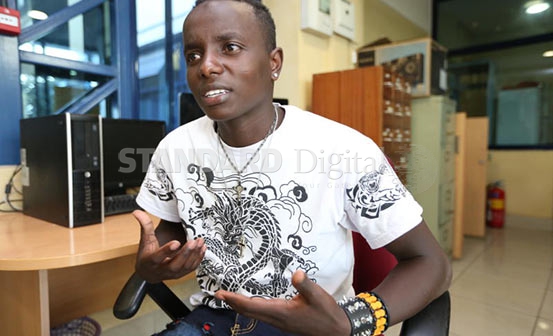×
The Standard e-Paper
Fearless, Trusted News

James Karanja is in the thick of the battle of his life; a struggle with nature, science and man to be recognised as a man. “I am not Mary, my name is James,” he told The Standard on Saturday in an exclusive interview, yesterday.